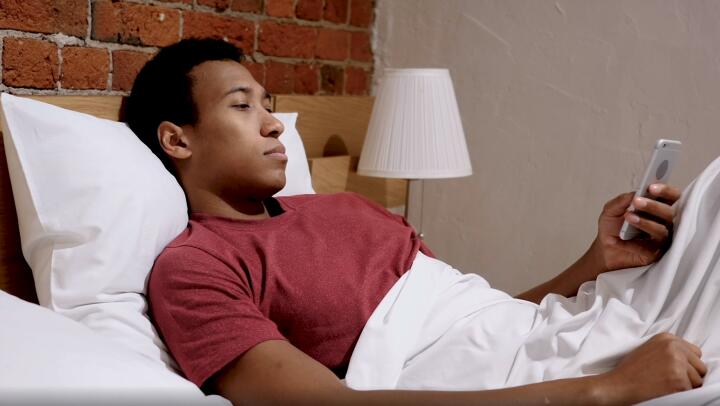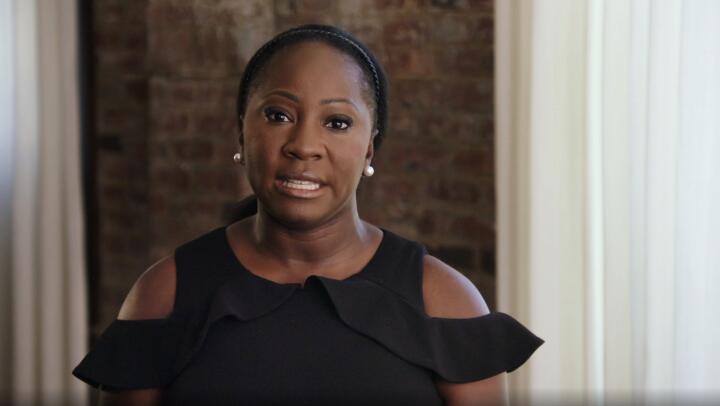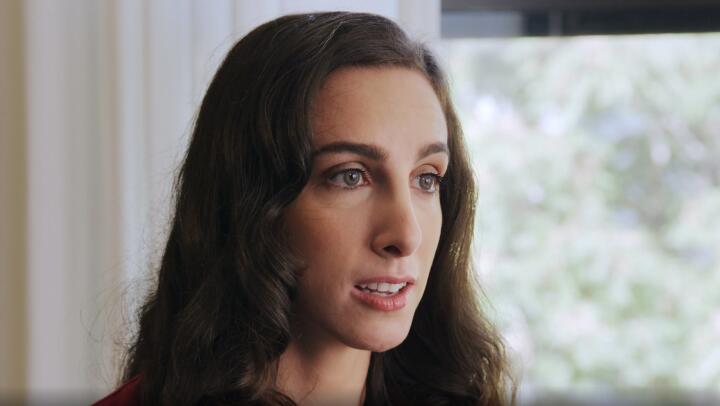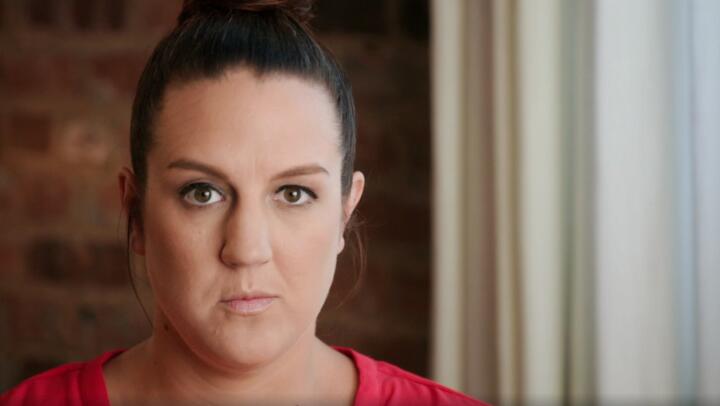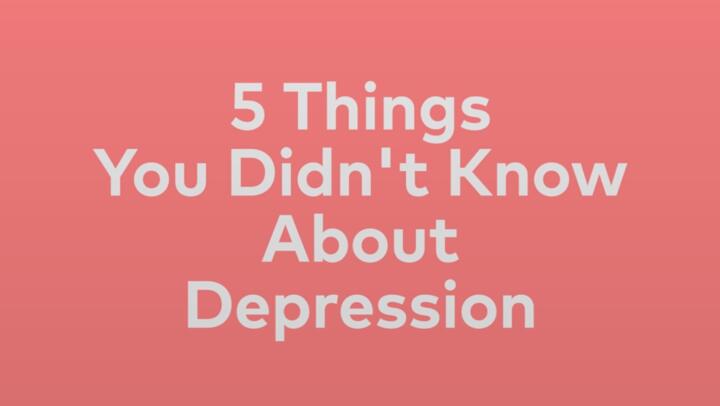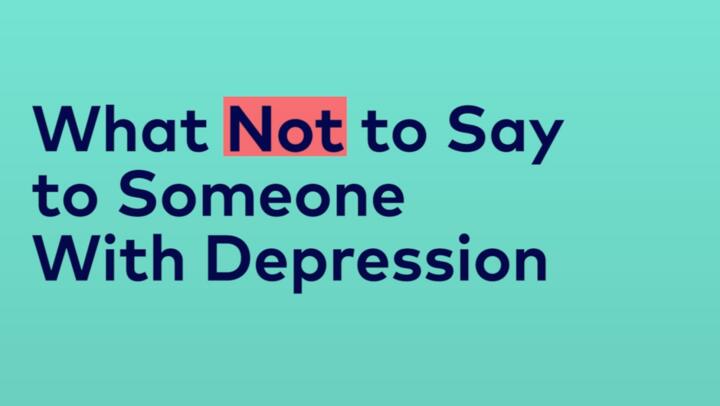8 Tips for Parenting With Depression

Medically Reviewed By William C. Lloyd III, MD, FACS
Written By Stephanie Watson on March 19, 2021
When left untreated, depression can affect your ability to care for yourself and your kids, and it can have lasting effects on your children's lives.
-
 Recognize the challenges of parenting with depression.Parenting can be a tough job under the best of circumstances. Add depression into the mix, and it can feel overwhelming. Balancing work and family with depression can pull you in three different directions.
Recognize the challenges of parenting with depression.Parenting can be a tough job under the best of circumstances. Add depression into the mix, and it can feel overwhelming. Balancing work and family with depression can pull you in three different directions.
Starting on the right treatment and learning ways of managing depression will help you feel better so you can be the parent you want to be. -
 1. Seek out help.Ask for advice from friends and family members, and you'll get lots of tips for coping with depression. But depression affects everyone in different ways, and what works for one person may not impact another. One of the most important things you can do is to start on an effective treatment. First, contact a mental health provider for an evaluation. Your doctor might recommend an antidepressant, talk therapy, or a combination of the two to improve your symptoms. Managing your depression will not only help you–it could improve your children's mood and wellbeing, as well.
1. Seek out help.Ask for advice from friends and family members, and you'll get lots of tips for coping with depression. But depression affects everyone in different ways, and what works for one person may not impact another. One of the most important things you can do is to start on an effective treatment. First, contact a mental health provider for an evaluation. Your doctor might recommend an antidepressant, talk therapy, or a combination of the two to improve your symptoms. Managing your depression will not only help you–it could improve your children's mood and wellbeing, as well. -
-
 2. Forgive yourself.Balancing work and family with depression can require a lot of juggling. If one (or more) of those balls falls from time to time, don't be too hard on yourself. Recognize that you're doing your best. No one expects you to be perfect. Nobody IS perfect. Remember that more than 17 million adults have depression, and many of them are parents, just like you. Consider yourself part of a tribe, forgive yourself, and move forward.
2. Forgive yourself.Balancing work and family with depression can require a lot of juggling. If one (or more) of those balls falls from time to time, don't be too hard on yourself. Recognize that you're doing your best. No one expects you to be perfect. Nobody IS perfect. Remember that more than 17 million adults have depression, and many of them are parents, just like you. Consider yourself part of a tribe, forgive yourself, and move forward. -
 3. Strike the right balance.When you're dealing with parenthood and depression at the same time, especially if you also work, you may have little time left in each day to nurture yourself. Self-care is essential for managing depression. Try to eat a nutritious diet, get enough sleep, exercise, and find time to do things you enjoy. Finding the right balance can help you cope better with your symptoms and the demands of parenthood.
3. Strike the right balance.When you're dealing with parenthood and depression at the same time, especially if you also work, you may have little time left in each day to nurture yourself. Self-care is essential for managing depression. Try to eat a nutritious diet, get enough sleep, exercise, and find time to do things you enjoy. Finding the right balance can help you cope better with your symptoms and the demands of parenthood. -
 4. Find a support network.Depression can be so much harder when you try to handle it alone. Although it can make you feel isolated, remind yourself that your friends and family want to help–and they may be intimately familiar with depression, too. Don’t be afraid to turn to people who can care for and support you. Your support system could be made up of friends, siblings, neighbors, your partner, and co-workers. If you don't already have people you can rely on, join a depression support group, either online or in person. There, you'll meet people who've been in your shoes, and who can offer advice they've learned from managing their own depression.
4. Find a support network.Depression can be so much harder when you try to handle it alone. Although it can make you feel isolated, remind yourself that your friends and family want to help–and they may be intimately familiar with depression, too. Don’t be afraid to turn to people who can care for and support you. Your support system could be made up of friends, siblings, neighbors, your partner, and co-workers. If you don't already have people you can rely on, join a depression support group, either online or in person. There, you'll meet people who've been in your shoes, and who can offer advice they've learned from managing their own depression. -
 5. Use shortcuts when you need them.You don't have to be supermom or superdad every day. Don't push yourself to get a home-cooked meal on the table or keep the house spotless when your energy and mood are low. Order takeout or reheat what's in the freezer. Hire people to mow the lawn, clean your house, go grocery shopping for you, and do other household chores you can't handle yourself. And if you need a temporary break from your kids, get a sitter for the night. When you give yourself permission to take a break–something we all need every so often–you can refuel and reset so you’re better able to take on your everyday responsibilities.
5. Use shortcuts when you need them.You don't have to be supermom or superdad every day. Don't push yourself to get a home-cooked meal on the table or keep the house spotless when your energy and mood are low. Order takeout or reheat what's in the freezer. Hire people to mow the lawn, clean your house, go grocery shopping for you, and do other household chores you can't handle yourself. And if you need a temporary break from your kids, get a sitter for the night. When you give yourself permission to take a break–something we all need every so often–you can refuel and reset so you’re better able to take on your everyday responsibilities. -
-
 6. Adapt activities to how you feel.You may not always be up to doing activities like playing tag or taking your kids to the park, especially when you're exhausted from balancing work and family with depression. That's okay. There are a lot of low-key things you can do and still spend time together as a family. Read your kids a story. Watch a movie together. Or put out a few art supplies and let them get creative while you cheer them on from the couch.
6. Adapt activities to how you feel.You may not always be up to doing activities like playing tag or taking your kids to the park, especially when you're exhausted from balancing work and family with depression. That's okay. There are a lot of low-key things you can do and still spend time together as a family. Read your kids a story. Watch a movie together. Or put out a few art supplies and let them get creative while you cheer them on from the couch. -
 7. Teach your kids how to help you.You don't have to tell your children all the details of your depression, but you should at least let them know that you sometimes feel sad. Then, when you are down, you can ask for their help. Many kids enjoy pitching in, especially when they know their efforts are needed and appreciated. You might have them assist with light chores like washing the dishes, setting the table, or cooking dinner to give you a break. Kids love “playing house” and emulating their adult role models–and activities you view to be chores may seem like fun make-believe to them.
7. Teach your kids how to help you.You don't have to tell your children all the details of your depression, but you should at least let them know that you sometimes feel sad. Then, when you are down, you can ask for their help. Many kids enjoy pitching in, especially when they know their efforts are needed and appreciated. You might have them assist with light chores like washing the dishes, setting the table, or cooking dinner to give you a break. Kids love “playing house” and emulating their adult role models–and activities you view to be chores may seem like fun make-believe to them. -
 8. Get out of the house.Being isolated can make you feel even worse when you're depressed. Try to get out of the house. It's good for your kids, too. Go to the park, do storytime at the library, or join a playgroup of children your kids' ages. These activities will give you a chance to spend time with other parents. Just having that human connection can make you feel better, and you might find someone else who has been through the same struggles with depression.
8. Get out of the house.Being isolated can make you feel even worse when you're depressed. Try to get out of the house. It's good for your kids, too. Go to the park, do storytime at the library, or join a playgroup of children your kids' ages. These activities will give you a chance to spend time with other parents. Just having that human connection can make you feel better, and you might find someone else who has been through the same struggles with depression.
Parenting With Depression | Tips for Depression














